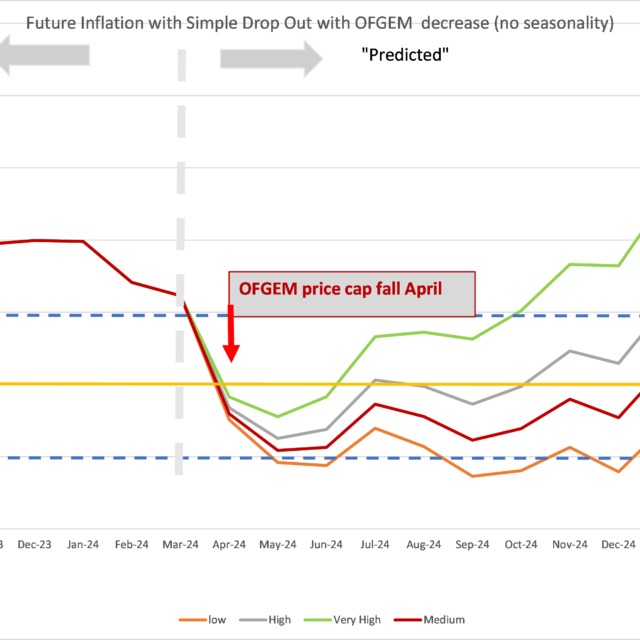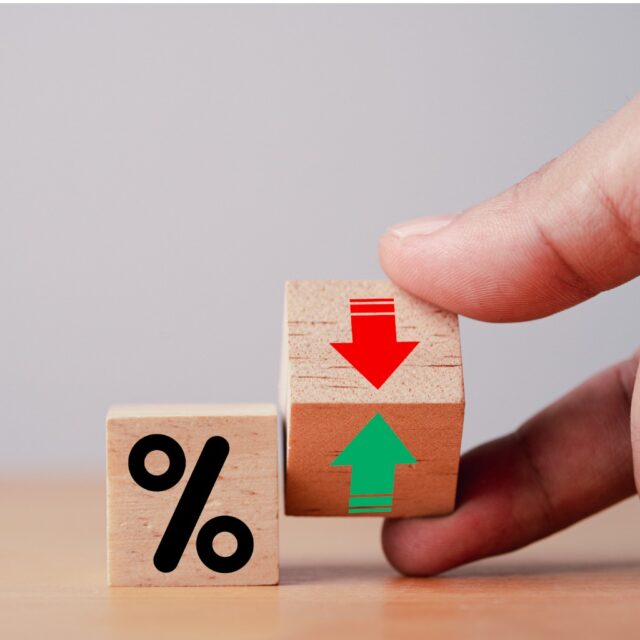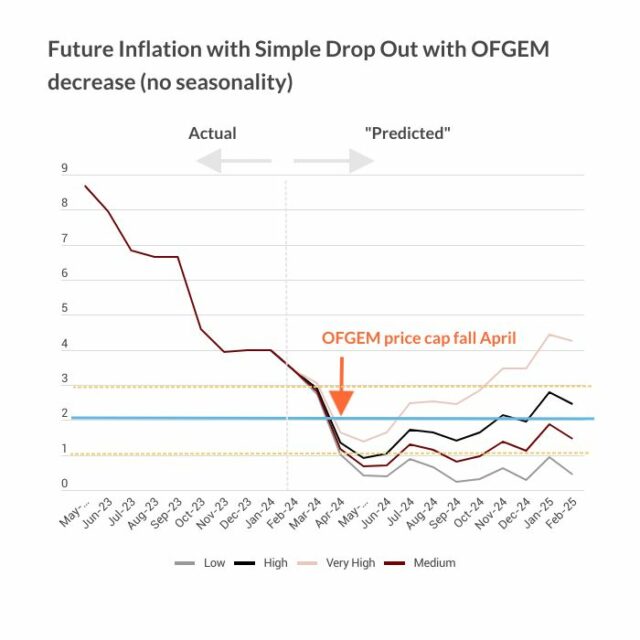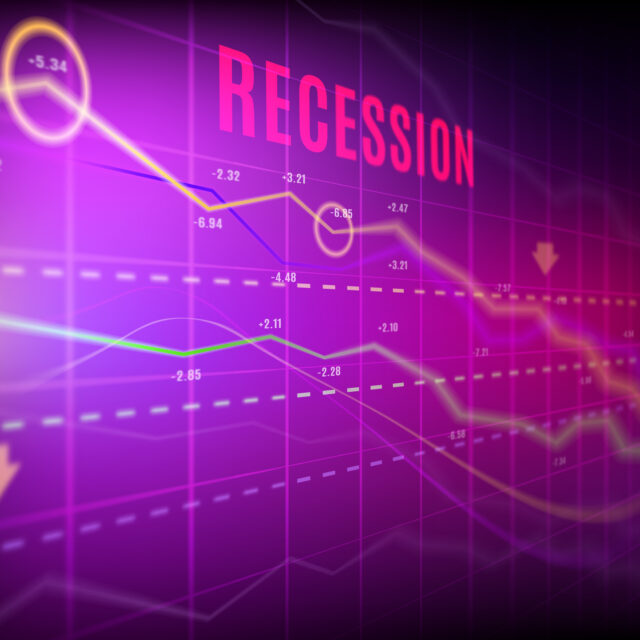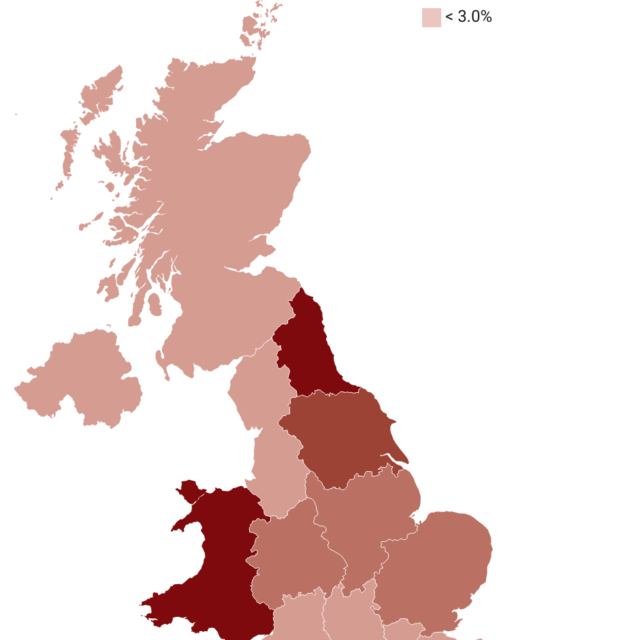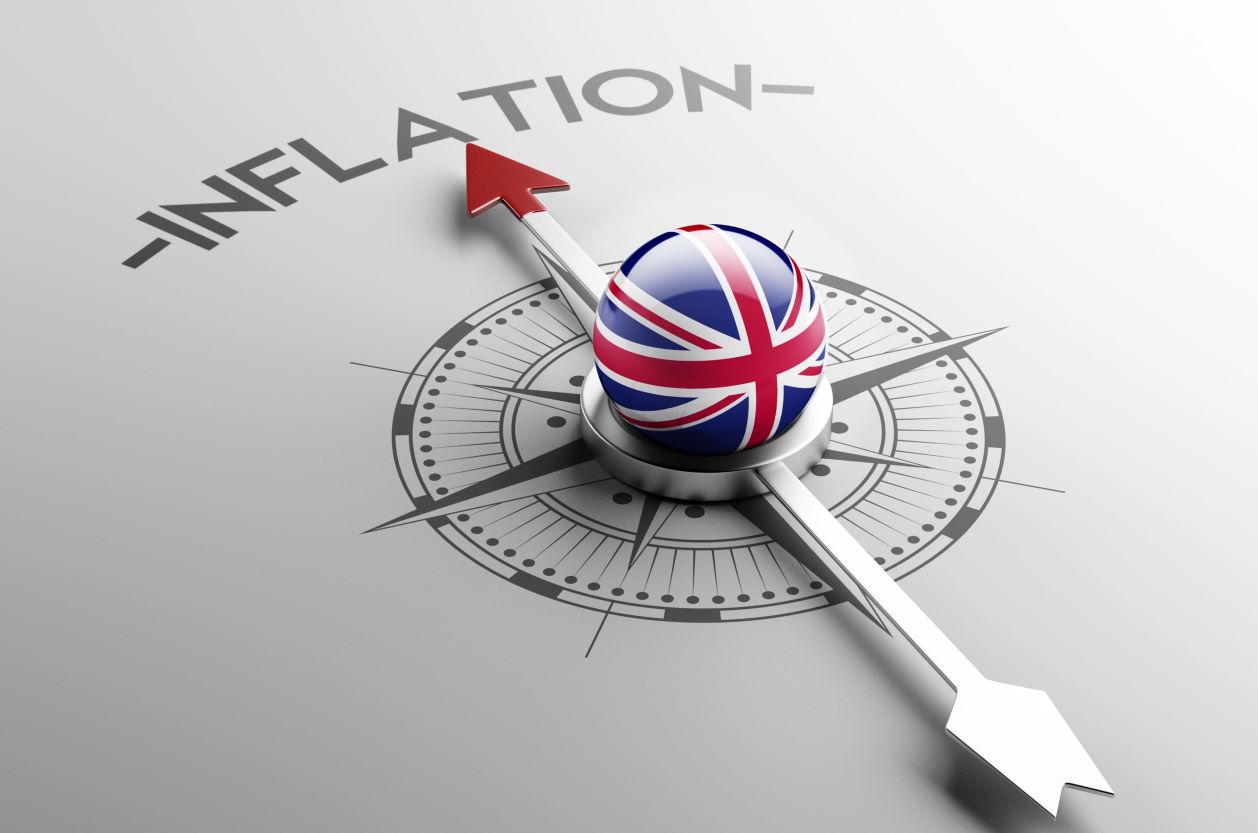Press Release: Global Economic Outlook – Global economy recovering, but at an uneven pace across countries
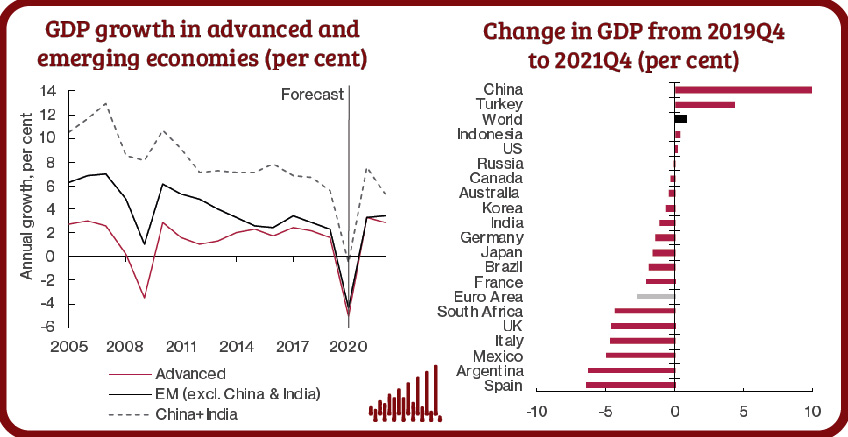
FOR IMMEDIATE RELEASE
- During the final months of 2020, a second wave of the Covid-19 virus spread, principally across Europe. Lockdown measures were reinstated and economic activity in services fell again. We do not expect growth in global GDP to halt, but the new wave of the virus means that the global economic outlook remains highly uncertain.
- A strong and sustained global recovery depends on controlling the virus. Despite the second wave of the virus, with vaccines now coming on-stream, the prospects for control are brighter than six months ago. Our main-case scenario is based on further lockdowns being local rather than global and the vaccine gradually being rolled out. We project global GDP to increase by around 4½ per cent this year and 3¾ per cent next year.
- The recovery in GDP will differ across economies (see Figure 1). GDP in some advanced economies is forecast to remain below its pre-pandemic level until 2022 or later. The gradual vaccine roll-out, at a time of continued social distancing, will mean that it will take time for the hard-hit service sectors to recover. While we project that global GDP will regain its pre-pandemic level this year, GDP in China is already above that level. However, major European economies and Japan are not expected to return to their pre-pandemic GDP levels until 2022 at the earliest.
- With policy interest rates low and quantitative easing greatly expanded, the scope for further boosts to advanced economies from monetary policy is limited. This puts the emphasis on fiscal policy instruments, especially providing economic support for those most adversely affected by the crisis and supporting sustained recovery.
- Given the uneven distribution of vaccine access worldwide, many low-income and lower-middle-income countries may need to retain restrictions on mobility well into 2022 to prevent renewed virus outbreaks, restraining recovery in services trade which plays a large part in their economies. Economic growth will suffer in all countries as a result, especially in those that cannot secure sufficient doses of vaccine.
- Focusing on the effect of international travel restrictions on services trade, our research shows that an even and early global vaccination programme that allows all countries to dismantle restrictions on international travel from the beginning of this year would promote global economic recovery, boosting world trade by around 2 ¾ per cent (see Figure 2). This impact is likely to be amplified by spillovers through goods trade and financial conditions.
Barry Naisbitt, NIESR’s Associate Research Director for Global Macroeconomics, said: “The fight against the pandemic is a global one. It is therefore vital that an international effort is made to enable worldwide access to vaccines. At the same time, the financial support for lower income countries through international bodies such the G20, the International Monetary Fund and the World Bank will need to continue in order to support a sustained global economic and health recovery.”
ENDS
——————————
Notes for editors:
Details of NIESR’s previous global economic forecast can be found here.
For a full copy of the world economic forecast or to arrange interviews, please contact the NIESR Press Office: press [at] niesr.ac.uk / l.pieri [at] niesr.ac.uk / c.ridyard [at] niesr.ac.uk / 07930 44 631 / 07970 984913
For technical questions related to the forecast, please contact:
- Iana Liadze on i.liadze [at] niesr.ac.uk
- Barry Naisbitt on b.naisbitt [at] niesr.ac.uk
Further details of NIESR’s activities can be seen on http://www.niesr.ac.uk or by contacting enquiries [at] niesr.ac.uk Switchboard Telephone Number: +44 (0) 207 222 7665
